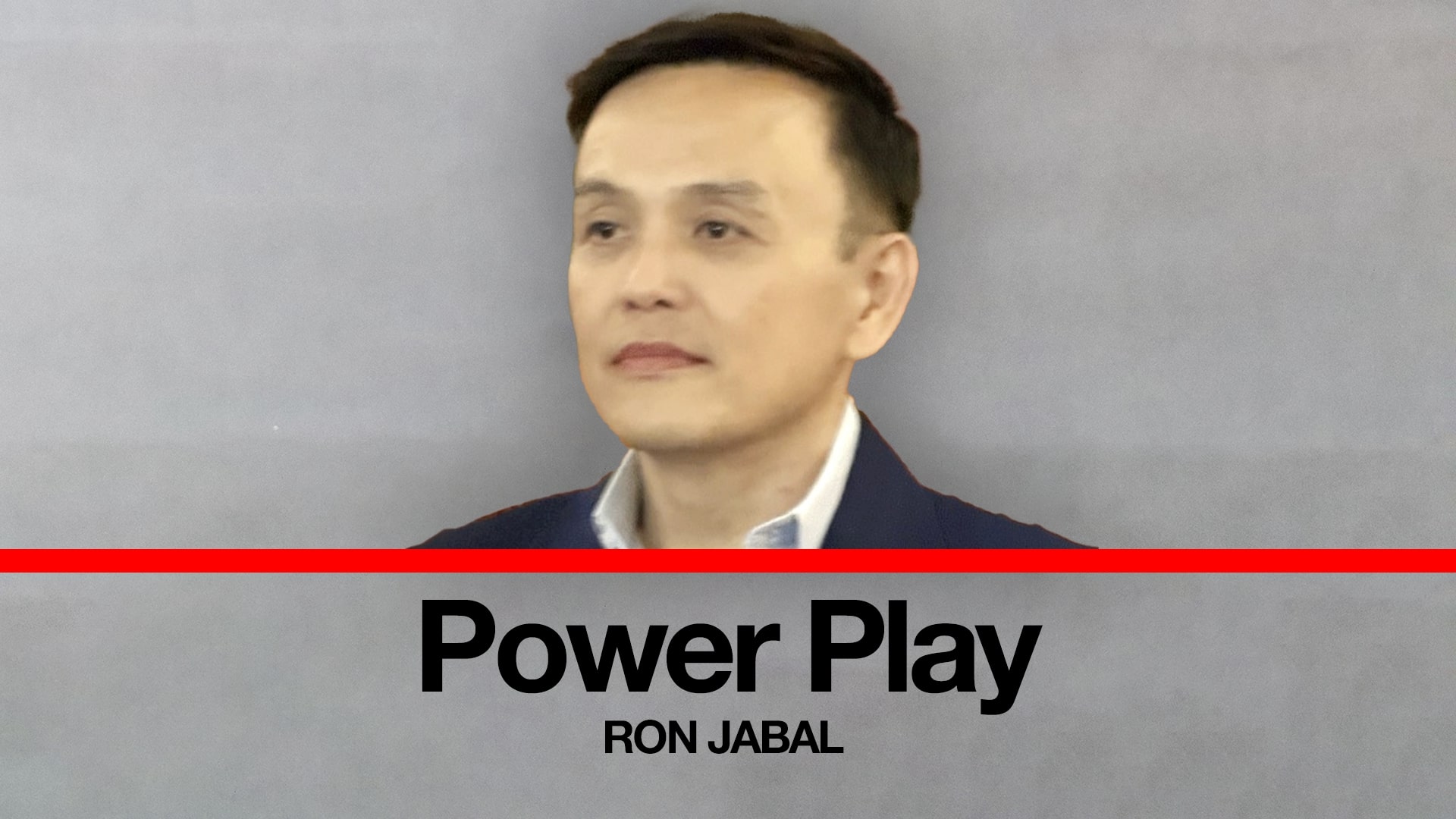If the Vico-Korina controversy is about media ethics, then the shift in Korina Sanchez’s statements is a case study in crisis management missteps.
Her first statement was raw, emotional, and combative. It did what many crisis experts warn against: escalated the issue. Instead of neutralizing the allegation, it personalized the fight: accusing Vico Sotto of “juvenile reasoning” and even questioning his Christianity. The tone was defensive, almost hostile. Rather than protecting credibility, it framed her as thin-skinned and rattled.
Soon after, her camp issued a second, toned-down statement. The new messaging was professional, emphasizing standards, editorial discretion, and transparency. Gone were the personal attacks; in their place were corporate talking points about fairness, intellectual property, and respect for free speech.
Why the change? Likely, someone inside recognized that the original release was counterproductive. In crisis management, tone matters as much as facts. The more aggressive the pushback, the more defensive the subject looks. The pivot to a calmer, institutional voice was an attempt to repair reputational damage.
But here’s the problem: the change itself became part of the story. By requesting that the Philippine Star take down the original and replace it with the new version, Korina’s camp inadvertently spotlighted the inconsistency. To the public, it looked like backtracking, even scrambling.
The lessons are clear:
- First response discipline. The initial statement sets the narrative. If it is emotional and combative, the crisis escalates.
- Institutional voice over personal attacks. Shifting from personal insults to professional standards was the right move, but it came too late.
- Transparency is non-negotiable. Removing or replacing a published statement fuels suspicion. Better to acknowledge a misstep and clarify than to erase.
In the end, Korina’s crisis management stumbled because the instinct was to fight fire with fire. The smarter play was to hold fire: to issue a steady, measured response from the outset, framing the interview as a legitimate editorial decision while acknowledging public concern.
The real damage now is not the Discaya interview itself, but the perception of inconsistency and defensiveness. In reputational crises, consistency is credibility. Once you change your story, even in tone, the audience begins to doubt which version, if any, is authentic.







